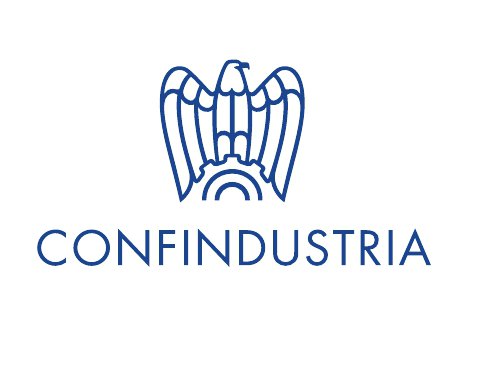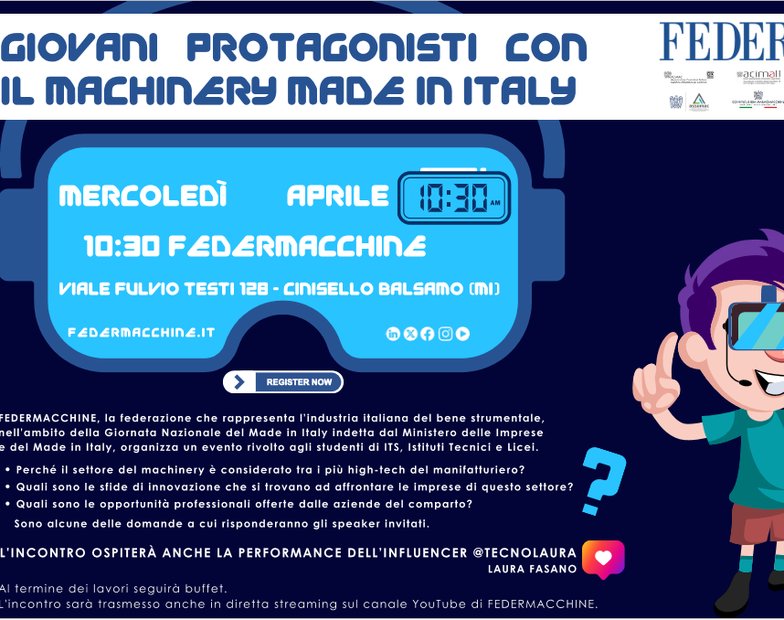In Tuscany, fashion contractors internalize subcontracting. From leather goods to buckle finishes, different manufacturers reorganize factories, writes ilSole24ore. The problem of the fashion and leather sector in Italy is the lack of manpower. For this reason, brands acquire strategic suppliers, i.e. those who havegreater expertise and internalize the productions that were once outsourced.
This is a new season of luxury fashion supply chains: more compact, more vertically integrated, more transparent and therefore safer from the point of view of work and product. It is an impetuous process, triggered by the pandemic and the post-Covid difficulties in finding skills and components, which is determining a profound production reorganization. Everyone is involved: big brands, subcontractors of big brands, subcontractors of subcontractors.
The goal is to tighten the links of the supply chain, in clothing as in leather goods. In this case it is not a question of bringing production back to Italy or Mediterranean countries (the so-called reshoring), given that in luxury the supply chain is already substantially made in Italy, but of guaranteeing strategic work performance. The theme is intertwined with the objectives of environmental and, above all, social sustainability (ESG criteria) that today are becoming increasingly important, with the result of stimulating original solutions.
If on the one hand the big brands accelerate the acquisition of key processes - as Dior has done in recent months with Artlab, Zegna and Prada with Lanificio Biagioli, LVMH, Chanel and Prada with some tanneries in Santa Croce sull'Arno, Fendi with the Teramo knitwear factory Matisse - to ensure artisan knowledge difficult to replicate by subtracting them from competitors, on the other hand also the subcontractors, at least the larger and more structured ones, are strengthening in several directions. First of all, by compacting the supply chain through the purchase of small subcontractors, as Pellemoda has just done but also 2C of Scandicci (Florence), a €50 million turnover manufacturer of metal accessories (buckles, hooks, studs) for bags and shoes of the big brands, which has acquired the small Joker (€5 million euro turnover), another manufacturer of small metal parts. Another path taken by subcontractors to compact the supply chain is to put subcontractors under the same roof, as Gab, for example, a Calenzano-based company that has become part of the Holding Moda group, is doing: within the year Gab will complete the new plant in Calenzano (Florence), where it produces bags for the big brands of the LVMH and Kering groups, hosting (for rent) eight external subcontracting laboratories (out of a total of 12). In this way it will optimize time and logistics and will have the guarantee of a traced and transparent supply chain, increasingly requested by major brands.



